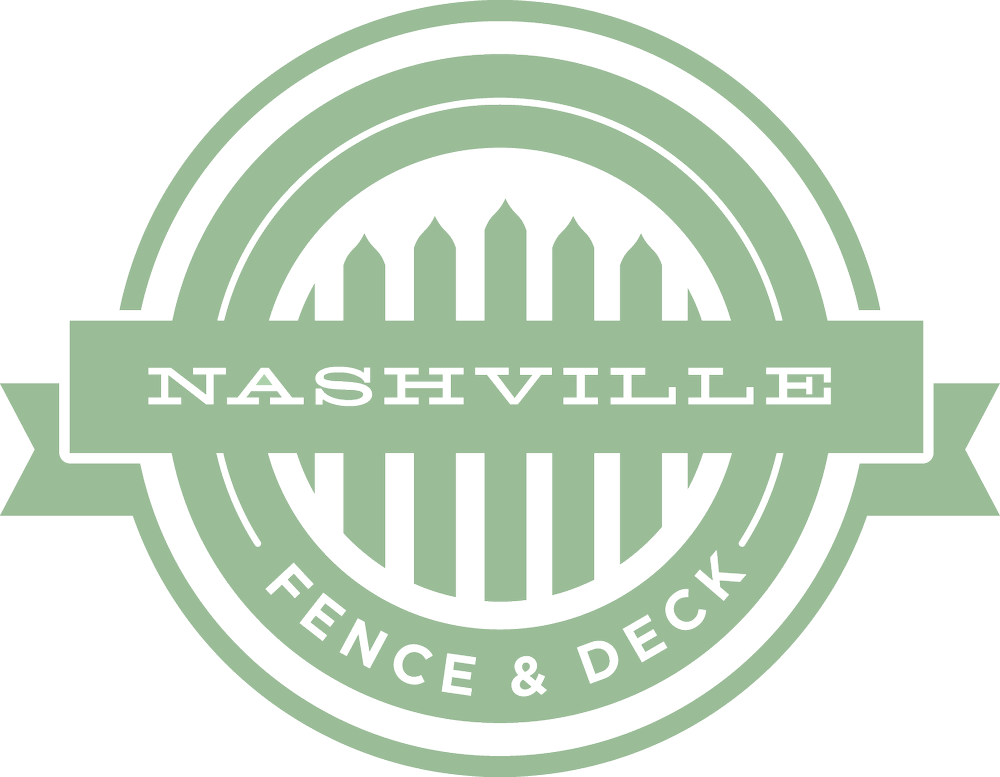FAQ
What are the most common fencing materials?
Common materials for residential use include pressure treated or cedar wood, rustic split rail with wire mesh, classic ornamental aluminum or steel fence, metal chain link, and polyvinyl chloride (PVC).
What kind of fasteners do you use?
We use ring shanked, or stainless steel nails approved for the new MCQ pressure treating process. Stainless nails are required when using cedar. However, we do use screws and bolts when necessary to make gates and decks stronger. Composite decks require screws and are recommended on wood decks.
Which is better: cedar or pressure treated materials?
The primary difference between cedar and pressure treated materials is the longevity of the lumber. Cedar (typically Western Red) is a dense, light-weight material that resists rotting and infestation. Pressure-treated lumber (typically Southern Yellow Pine) is a dense, heavyweight material that undergoes an additional treatment process at the mill. The wood is environmentally safe and prevents rotting or infestation from occurring during the life of the lumber. This provides for the most longevity in projects.
What kind of warranty do you offer on my fence?
We provide a five-year warranty on all our workmanship. In addition, the materials used in the installation of your fence or deck are covered by the manufacturer’s warranty. We are happy to provide repairs throughout the lifetime of your product. Please ask for specifics on the materials you choose.
How should I care for my wood fence?
We remind customers to use their gates with care and keep them closed, especially during harsh wind and storms. Gate hardware may need to be checked occasionally. We recommend applying a water repellant, such as Thompson’s Water Seal, three to six months after the completion of your product. This will reduce the amount of warping on your product.
How deep are your posts set?
Posts are set 12”-18” in normal soil, depending on bedrock. For builds in softer soil, we set posts between 24”-30”.
Why choose Nashville Fence and Deck?
Ask any one of our past customers. Attention to detail, and fast friendly services are our priority. We aim to do this while also offer a fair price without gimmicks and phony pricing schemes. We treat each customer as we would want to be treated! Find out for yourself!
Fence Installation
All of our fence installation projects are custom fabricated on site to match the existing contour of each homeowners yard, allowing the fence to roll in flowing manner that stays consistent with the slope of the land. We take pride in our design to ensure that spacing between posts, framing runners, and pickets are even and uniform. Whether it’s a 4 foot picket or 8 foot privacy fence we maintain the habit of also making our vertical support posts and pickets plumb and our horizontal board members level and/or parallel. Attention to detail and symmetric consistency are one of the many assets that sets Nashville Fence and Deck apart from our competitors.
Commonly Used Fence Lumber Dimensions
Vertical Support Posts
4”x4” finished at 3.5”x3.5”
6”x6” finished at 5.5”x5.5”
Horizontal Framing Runners
2”x4” finished at 1.5”x1.5”
2”x6” finished at 1.5”x5.5”
Vertical Pickets
1”x6”x6’ finished at 5/8”x6”x6’
1”x6”x8’ finished at 5/8”x6”x8’
1”x4”x4’ finished at 5/8”x4”x4’
6 FOOT DOG EARED PRIVACY FENCE
We dig our 4×4 post footer holes for 6 and 4 foot tall fences 18 to 24 inches deep and 8 inches wide. We add 60 pounds of concrete per hole and let it set for one to three days before we frame depending on the weather. Then to frame the fence we fasten three (two for 4 foot and four for 8 foot tall fences) 2×4 horizontal runners for 6 foot fences with 3 inch galvanized zinc coated shanked framing nails or 3 inch wood screws. Last fasten the pickets one by one with 2 inch nails or screws.
